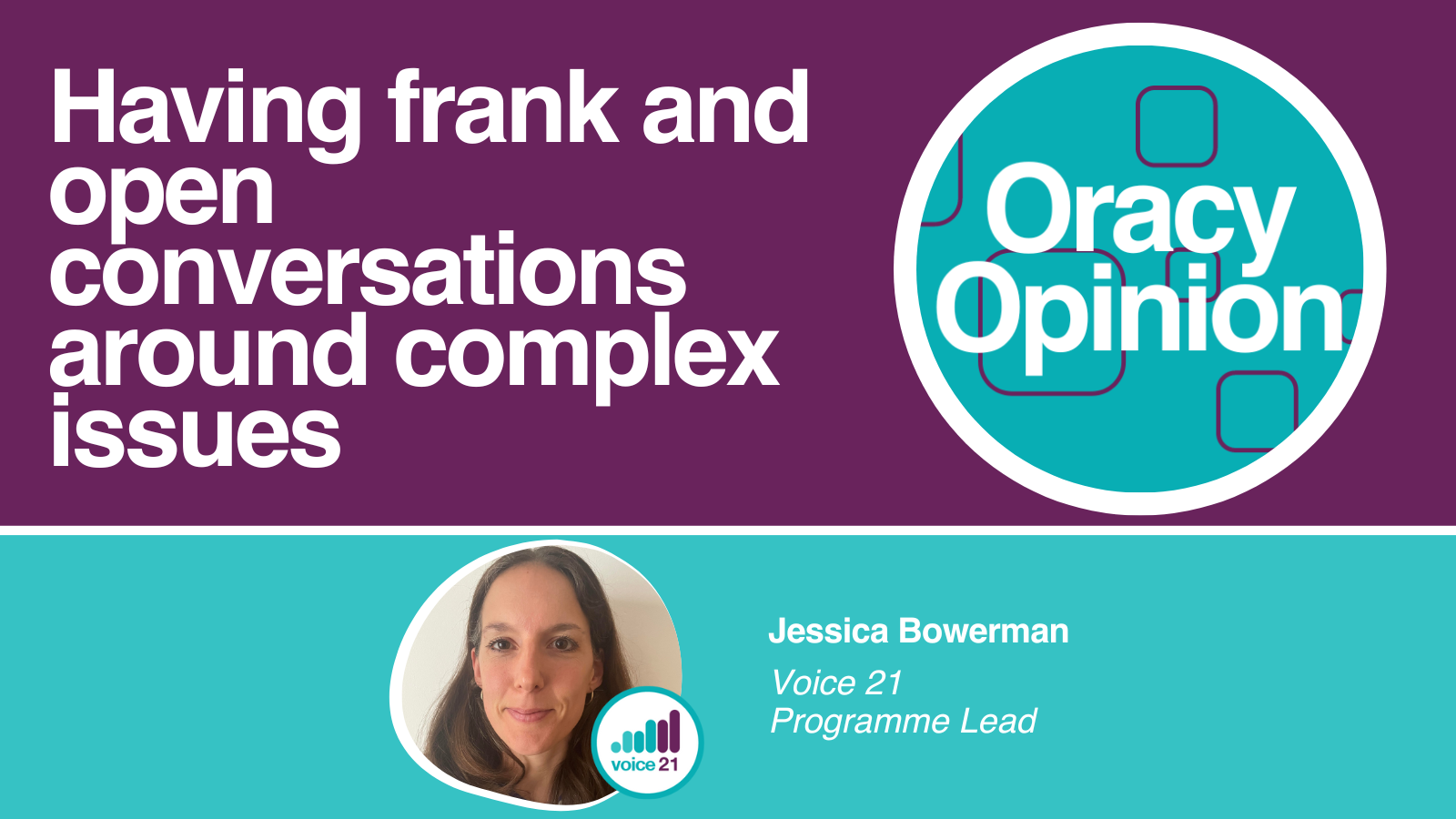
At Voice 21, we provide teachers with the oracy tools and structures for frank and open conversations around complex issues whether they’re in the classroom or outside of lesson time. We understand that being heard and being understood are crucial components of children’s well-being. However, these conversations become much more difficult when a topic is taboo or hard to broach for adults. A petition calling for death, dying and bereavement education to be included in the school curriculum secured over 11, 000 signatures. John Adams, President of the National Association of Funeral Directors, helped to start the petition and hopes to help pupils understand death as a part of life.
The Child Bereavement Network reported that 46,300 young people under the age of 18 lost a parent last year. Though the current Relationships, Sex and Health Education (RSHE) guidance expects teachers to be aware of adverse childhood experiences, there is no explicit bereavement education in England. Organisations like the Child Bereavement Network will provide the specialist advice needed to support a bereaved child in school. But beyond a need to support those young people who have experienced a close loss, the petition also acknowledges the need to talk to all pupils about death and dying, so they feel empowered at the most difficult of times throughout their lives.
Death and dying is for most adults, a challenging subject to broach with young people. Yet when children understand a subject is taboo, they are more likely to internalise conversations rather than explore natural curiosities. We need to make space for these conversations in the curriculum but also provide the structures and tools that allow all pupils to engage with them. Part of the social and emotional strand of our framework is listening actively and responding appropriately. Resources like our discussion guidelines and listening ladder create a classroom environment that is rooted in mutual respect and the understanding that all voices should be heard and understood. This is the starting point for exploring complex issues with students.
Ensuring that students can access the appropriate vocabulary to discuss grief is essential. The linguistic strand of our oracy framework highlights that young people need to make precise language choices that are appropriate for the context in which they’re talking. Dr Katheryn Mannix believes we need to be more open as a culture about death and dying and that the language we use risks airbrushing mortality out of conversations, ‘It’s starting to feel impolite to use the D- words. We must not allow that to happen.’ As educators we can model the clear and direct language students need to express how they are feeling about their fears and beliefs.
Supporting teachers to confidently explore these conversations with their students will allow young people to explore the complexities that come with loss and the ways in which different cultures and beliefs deal with death. As John Adams has highlighted, this will not only foster empathy but more broadly will create ‘a positive way of living for us all.’
We’d love to hear your thoughts and experiences on this issue, so do get in touch with us via twitter @voice21oracy, [email protected] or through the Voice 21 exchange (if you’re a member).
© 2022 Voice 21. Voice 21 is a registered charity in England and Wales. Charity number 1152672 | Company no. 08165798